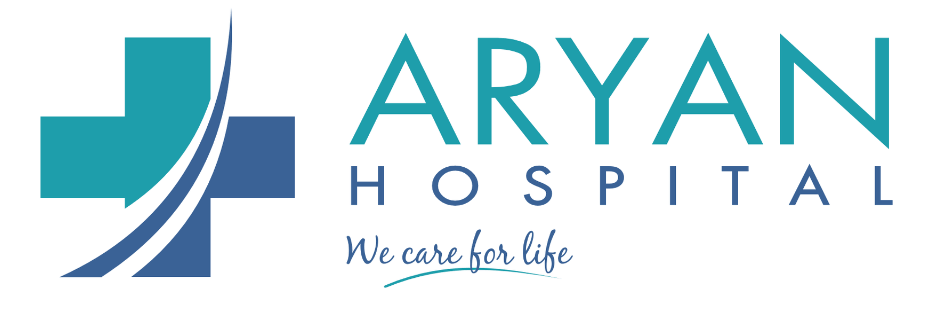Postpartum hypertension is a condition that affects many new mothers, even those with no history of high blood pressure during pregnancy.
What is Postpartum Hypertension?
Postpartum hypertension refers to high blood pressure that develops after childbirth.
Blood pressure is considered high when the systolic (top number) is 140 mm Hg or higher and the diastolic (bottom number) is 90 mm Hg or higher.
It typically peaks 3-6 days after delivery due to various factors such as
- Pain
- Medications
- Excess fluids, or the body’s natural adjustment to pre-pregnancy levels.
What Are the Symptoms of Postpartum Hypertension?
High blood pressure can be symptomless or cause mild symptoms.
Common symptoms to watch for include:
- Severe headache
- Nausea
- Lightheadedness or dizziness
- Swelling in feet, ankles, or face
- Severe fatigue
- Shortness of breath
If you experience
- Chest pain
- Fainting
- Vision problems
seek emergency care immediately, as these could be signs of a more severe condition like postpartum preeclampsia.
How Does Postpartum Hypertension Differ from Postpartum Preeclampsia?
While both conditions involve high blood pressure, postpartum preeclampsia is a more dangerous form that can cause seizures and organ failure.
Postpartum preeclampsia typically occurs within 48 hours of delivery and is characterized by severe symptoms such as
- Blurry vision
- Stomach pain
- Trouble breathing
- Protein in the urine.
It requires immediate medical attention.
Who is at Risk for Postpartum Hypertension?
Any new mother can develop postpartum hypertension, but certain factors increase risk, such as:
- Having a history of preeclampsia or gestational hypertension
- Chronic conditions like diabetes or high blood pressure
- Multiple pregnancies (twins, etc.)
- Undergoing a C-section
- Being over age 35, overweight, or a smoker
Women of color may also have a higher risk.
Talking to your doctor about your risk factors during prenatal care is important.
How is Postpartum Hypertension Treated?
The treatment approach depends on the severity of the condition.
For mild hypertension, treatment may not be necessary, but regular monitoring is advised.
For higher blood pressure, oral or intravenous medications may be prescribed to control the levels. Home blood pressure monitoring might also be recommended.
How is Postpartum Hypertension Prevented?
While it can’t always be prevented, living a healthy lifestyle, including regular exercise and balanced nutrition, can lower one’s risk.
If you are at higher risk, your doctor may recommend medicines during pregnancy to help prevent hypertension and preeclampsia.
Take Care of Your Health!
If you’re experiencing high blood pressure postpartum, consult with your doctor. At Aryan Hospitals, we offer specialized care to monitor and manage your blood pressure for a healthy recovery. Stay informed and take control of your health today!



